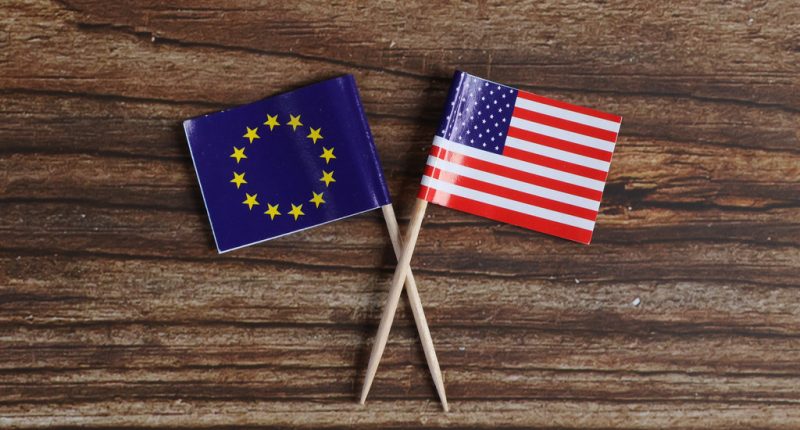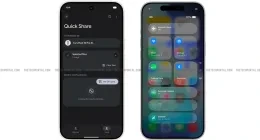The clouds of uncertainty that succeeded the invalidation of the Privacy Shield have finally seem to have fended off, as the EU and the US have reached an agreement in principle for a new data transfer policy.
This new framework will be set up for regulating cross-border data transfers, which will allow data about Europeans to be stored in the US. The same was announced by US President Joe Biden and European Commission President Ursula von der Leyen during Biden’s stop in Brussels during a European tour.
Unsurprisingly, the revamped Privacy Shield data transfer agreement comes as a relief to tech giants like Meta and Google, who have undoubtedly been hoping for such an occurrence. This comes after Google Analytics, Stripe, and similar services had earned the ire of European data protection agencies, who issued orders against the flow of personal data flowing through such services.
If you have been living under a rock, here is a short recap of events. The Privacy Shield framework allowed for the transfer of personal data from the European Economic Area (EEA) to the US, all the while complying with EU data protection requirements.
When it was invalidated, it affected giants such as Facebook, (now Meta) whose reach is wide and depended on the Privacy Shield to maintain the data flow. This is obvious, of course, for Facebook is popular both in the EU and the US, and for the company to thrive, it needed the space to safely transfer personal data from the EU to the US and remain in compliance with applicable data protection rules.
The decision of the top court of the EU to hearken to Austrian privacy activist Max Schrems in July 2020, however, left them and others scrambling for an alternative, which brings us to the latest development. Facebook head of global affairs Nick Clegg hailed the news, tweeting that it would help keep people connected and services running. This decision, according to him, will provide invaluable certainty for American and European companies of all sizes alike, including Meta, who rely on transferring data quickly and safely.
According to von der Leyen, this new agreement will “enable predictable and trustworthy data flows between the EU and US, safeguarding privacy and civil liberties.” However, no details were shared. Biden said the framework would allow the EU “to once again authorize transatlantic data flows that help facilitate $7.1 trillion in economic relationships.”
“Privacy and security are key elements of my digital agenda, and today we’ve agreed to unprecedented protections for data privacy and security for our citizens,” Biden added. “This new arrangement will enhance the Privacy Shield framework, promote growth and innovation in Europe and the United States, and help companies — both small and large — compete in the digital economy.”
The Tech Portal is published by Blue Box Media Private Limited. Our investors have no influence over our reporting. Read our full Ownership and Funding Disclosure →






